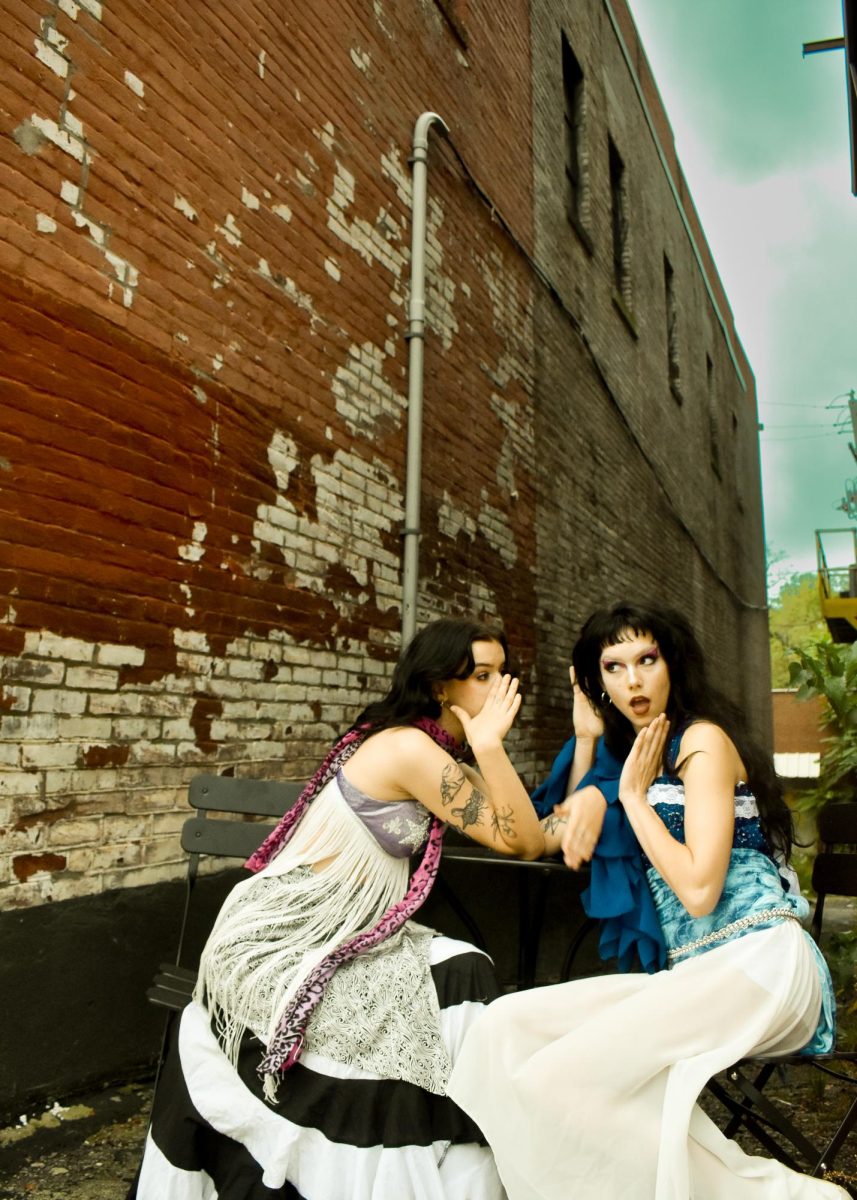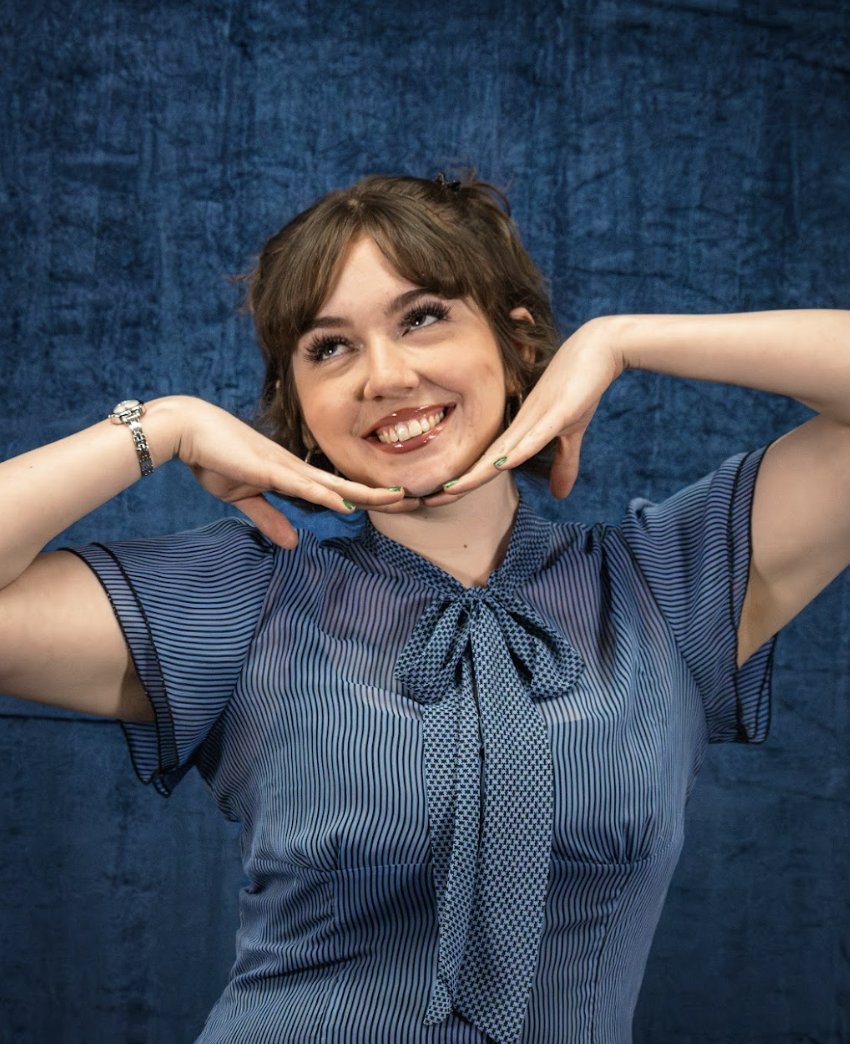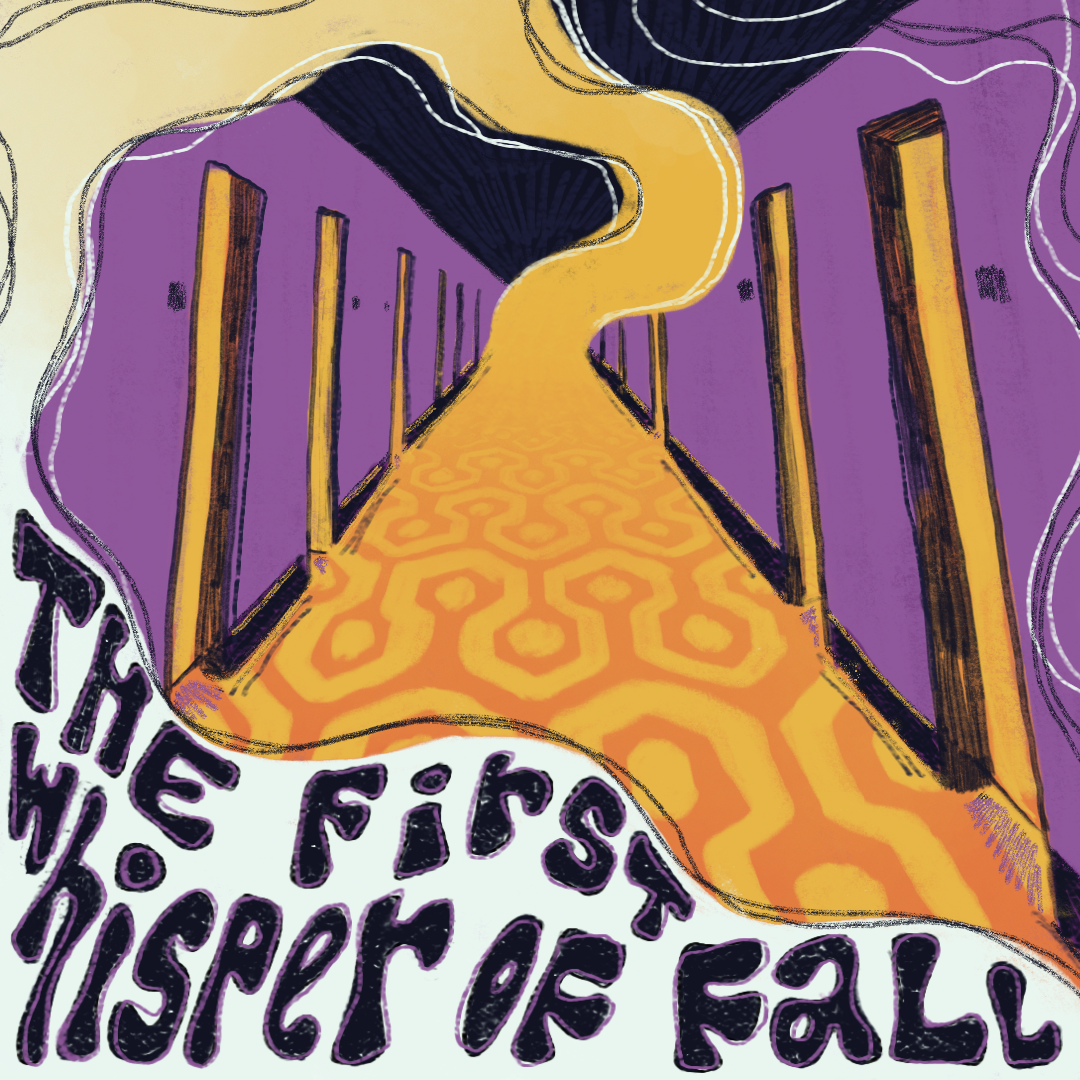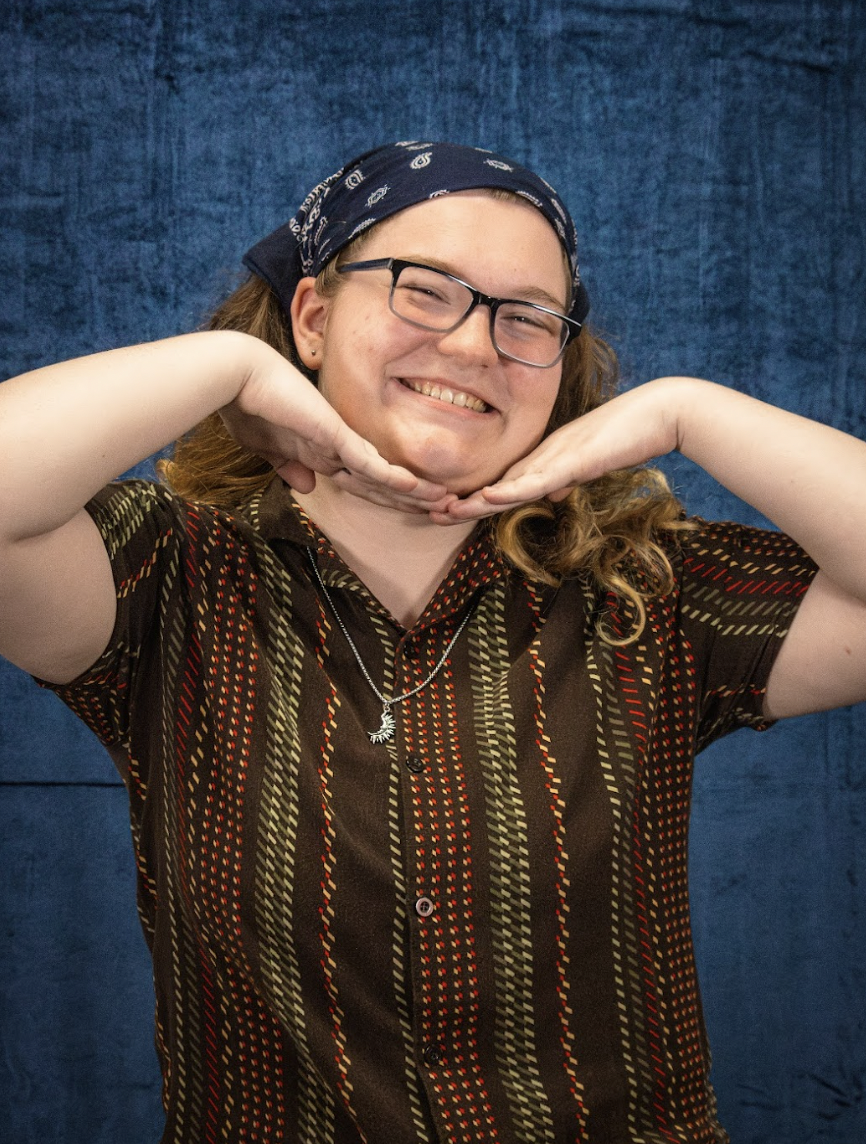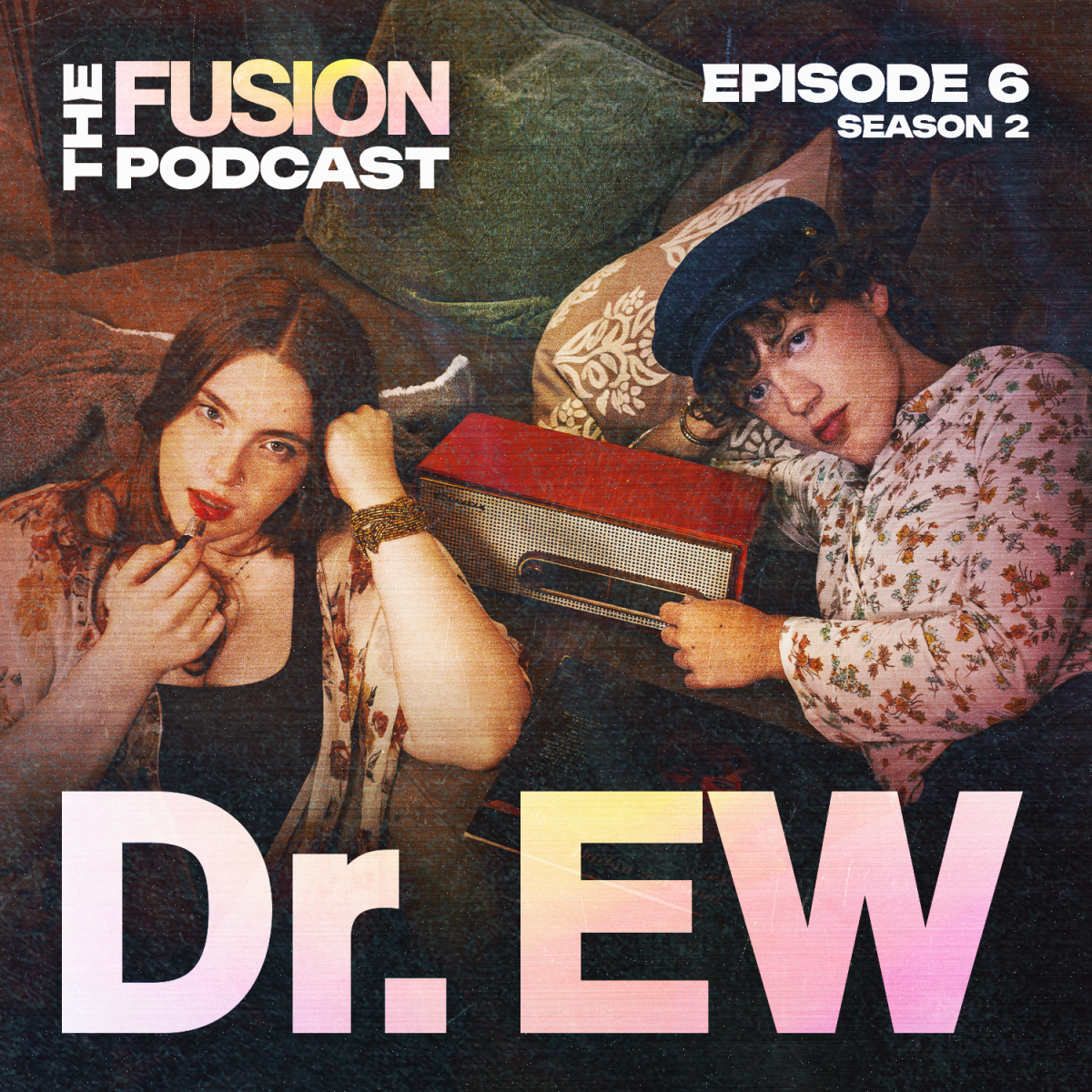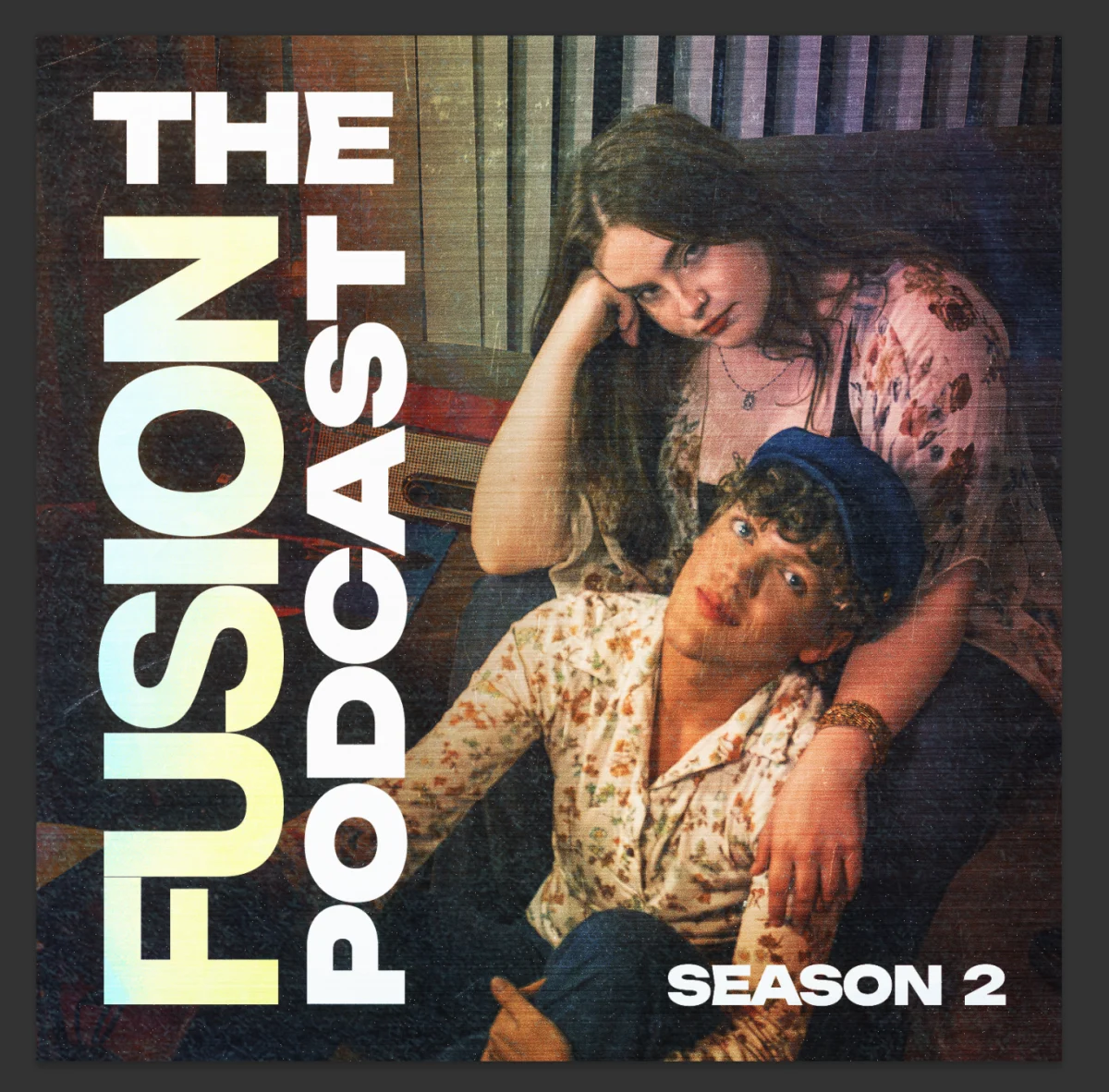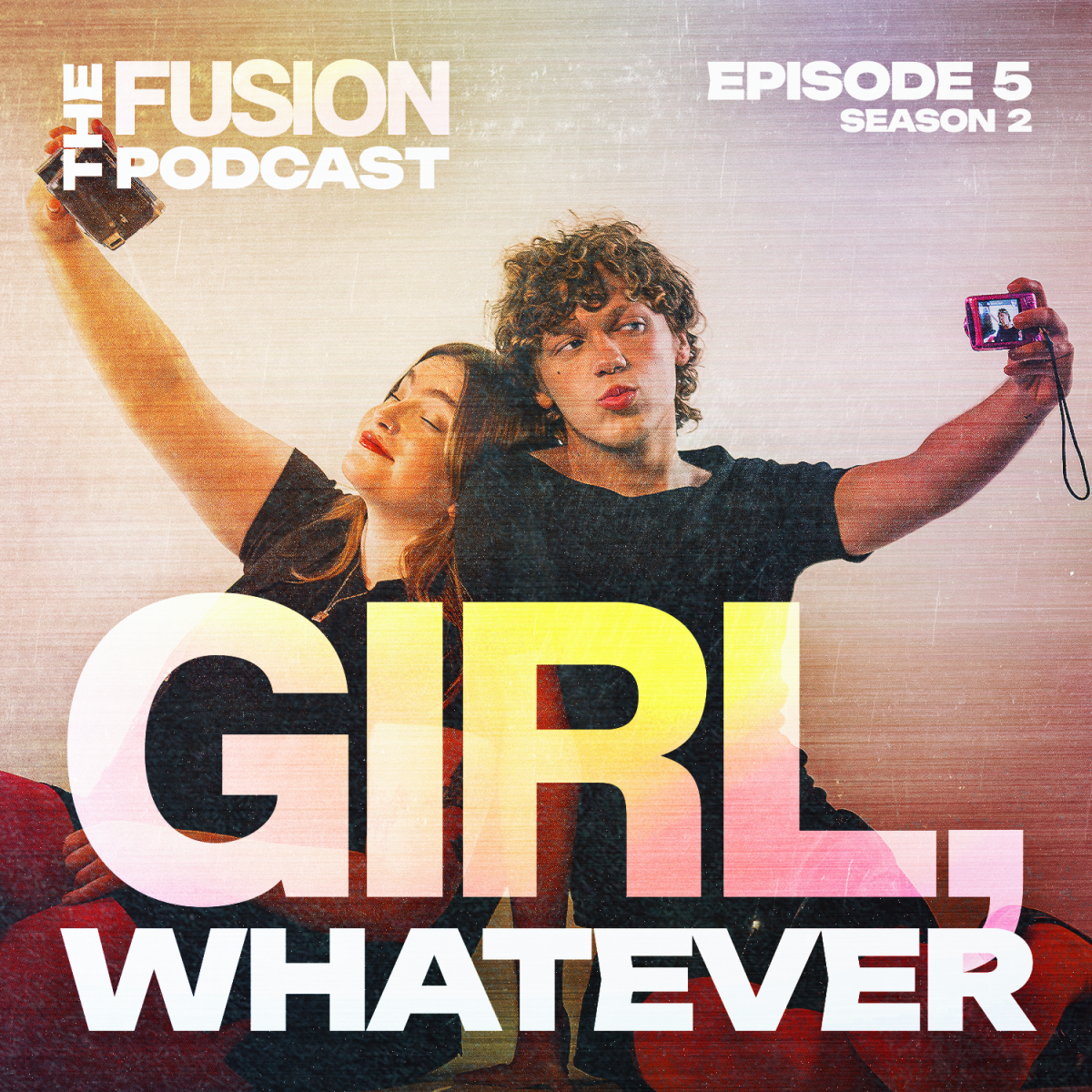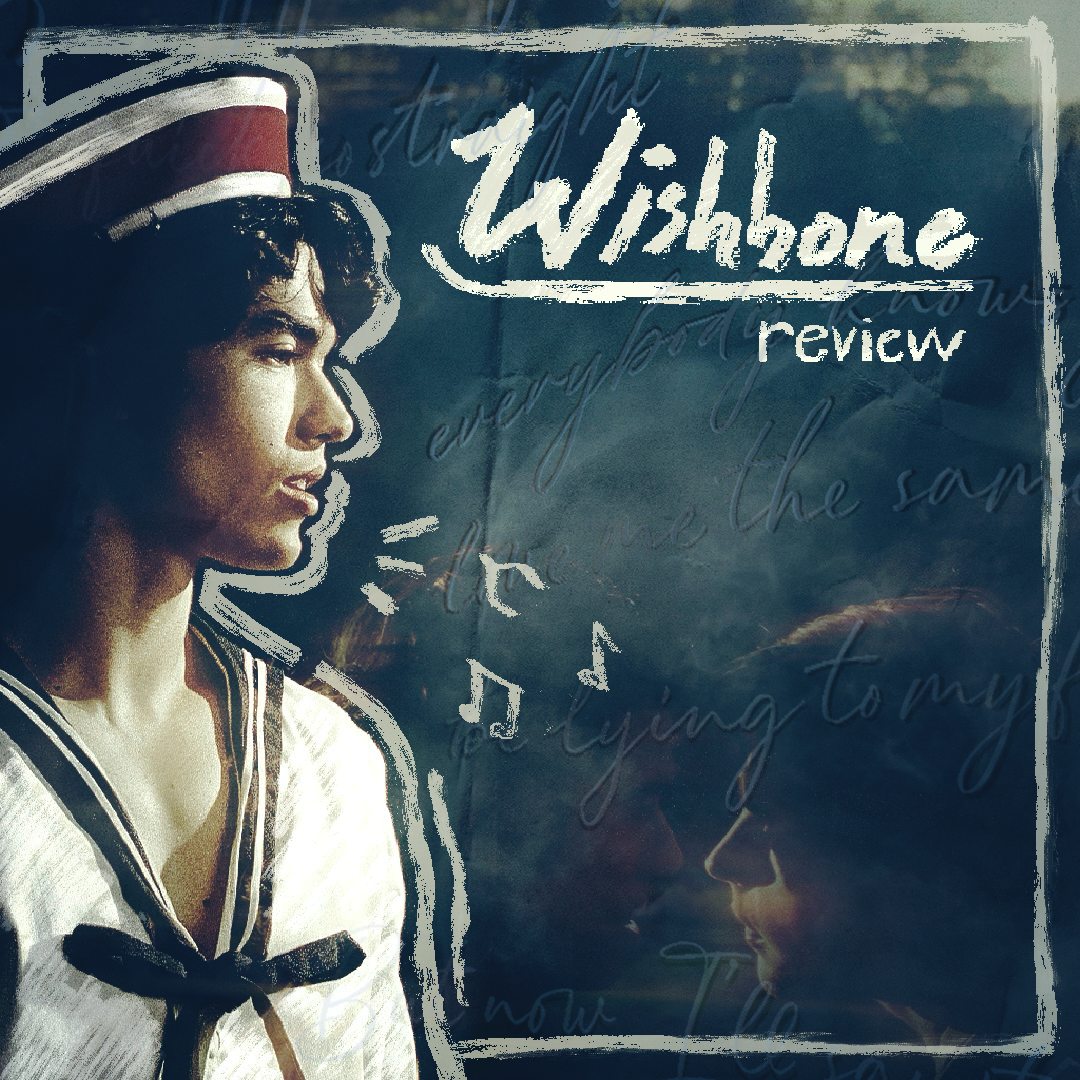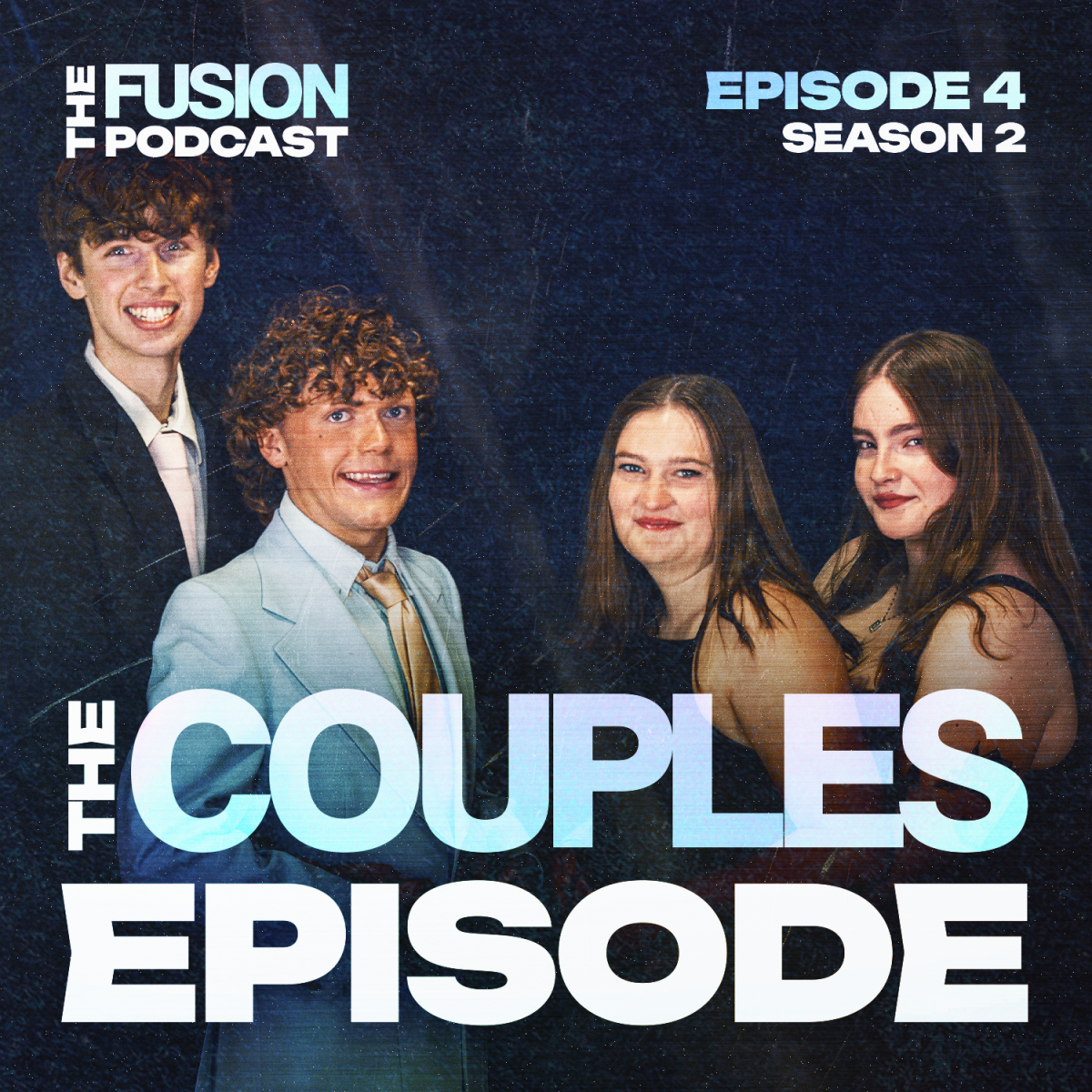n high school, I was not given the sex education that I needed. This is the typical story of every queer or trans person who went through any type of sex education. My story might be a little different because for most of my childhood I went to private school so my sex education was very if not fully limited.
Mostly we learned about how God looked down upon the people who had sex before marriage, and how sex was only supposed to be between a man and a woman. But what about the trans kids who do not identify as the sex they were given at birth or what about the queer people who have sex with people of the same sex? What does sex education look like for them in elementary school or let alone high school?
According to Planned Parenthood, only California, Colorado, New Jersey, Oregon, Rhode Island, and Washington have state laws or regulatory guidance requiring sex education to be LGBTQ+ inclusive in May of 2021.
Reilly Masi, a theatre design technology and production major with a focus in stage management, shares their experience with sex education as a queer person. They shared that they were given sex education in seventh, eighth, and ninth grade. Masi did not share many positive experiences with their sex education. Something they said they wish they would have heard is that it truly is okay to be whoever you are without discrimination.
Masi continues with what they think can be realistically changed in sex education to be more open about queer sex education. “Inclusivity and basic language,” Masi said. “No he/she or him/her, just use they. Just mention “Gay couples can experience this too” every once and awhile.”
Masi finishes with some advice that they would give to kids going through sex education. They mention some valuable organizations that give accurate information for health and sex education for queer and trans people. Some organizations would be GLSEN and the Trevor Project is a very well known one as well. GLSEN has age appropriate sex education and they even have a sex education webinar according to Masi.
Ash Wynn, a high school senior, shares his experience as a current high schooler with sex education. He said that most of his sex education was about periods, birth control, and condoms. There was no real discussion on what sex was and how to have it safely. Wynn mentions that they wish his teachers would have taught that sex is not just for straight people. He wishes they would have mentioned queer topics not even regarding sex.
Wynn continues with how sex education is not inclusive to anyone but straight people for the most part. “I wish my teachers would have mentioned how trans and queer people can also have sex and fall in love,” Wynn stated. “The sex education I received was not even good for straight people because they never went into detail about how to stay protected and about STDs, none of this information benefited me when it came to my health.”
This is one of the biggest issues is that a lot of the time young adults do not know what sex means so they can get into some pretty dangerous situations regarding their health and mental well being. Kids and young adults should not have to learn about sex through the internet or in a dangerous manner, but with safe adults in their life.
Wyn finishes with some advice he would give to kids who are going through sex education in schools right now. He says to ask questions to get the most accurate information. That if you ask about queer and trans health questions they might be better than he was. Ask trusted adults who will be honest and also give them the information that will most benefit them and other general awareness about sex.
Sex education is something we all had to sit through, and the question that really stands is “Did we ever really learn anything from it?” The answer, at least for me, is no. I learned so much more about sex and sexual health through research and asking my parents when I felt like the information was necessary for me to be safe.
My hope is that with time many states will want to be more inclusive with their sex education in their schools. It would benefit not only the queer and trans kids who are wanting to learn about their identity and how to have safe sex, but their straight allies who also can benefit from being aware of the different ways to be safe sexually.

